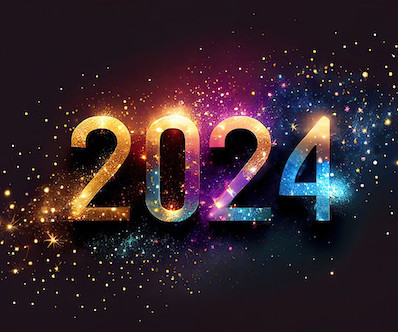Empowering neurodiverse learners with AI-driven solutions
eSchool News
MAY 23, 2025
Recent research supports this approach–a 2025 systematic review published in the EPRA International Journal of Multidisciplinary Research found that AI-powered adaptive learning systems significantly enhance accessibility and social-emotional development for students with conditions like autism, ADHD, and dyslexia.
















Let's personalize your content